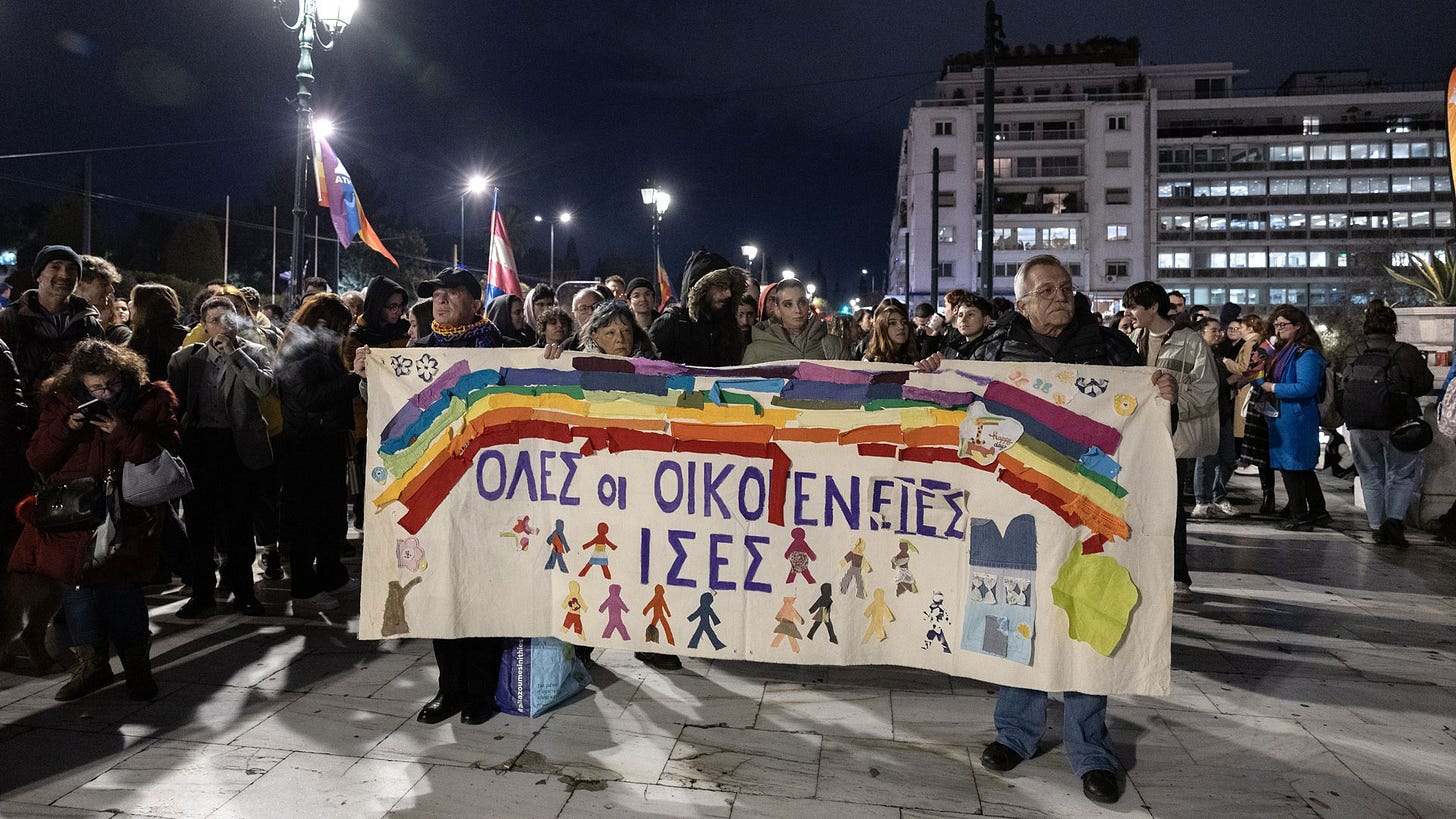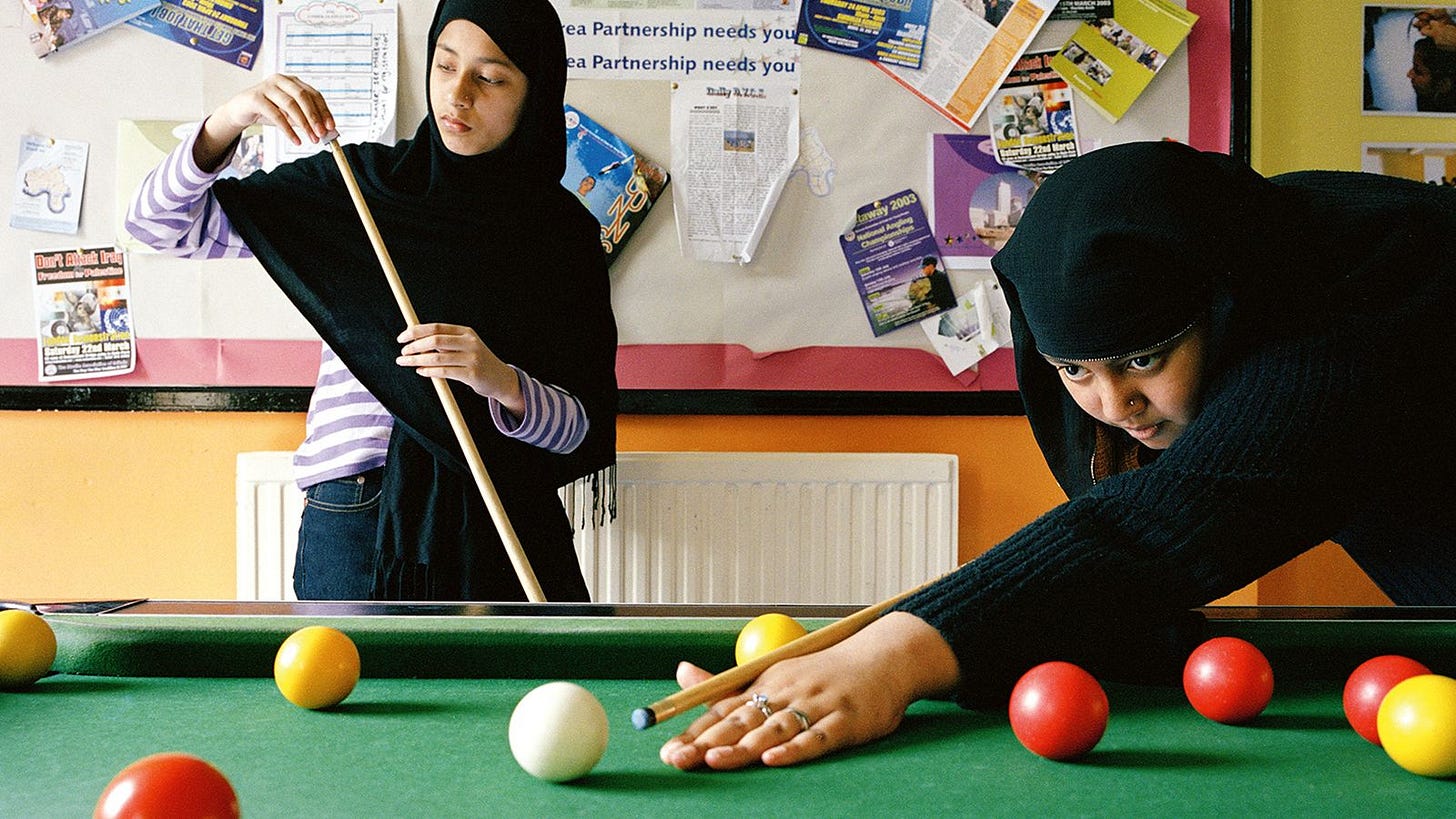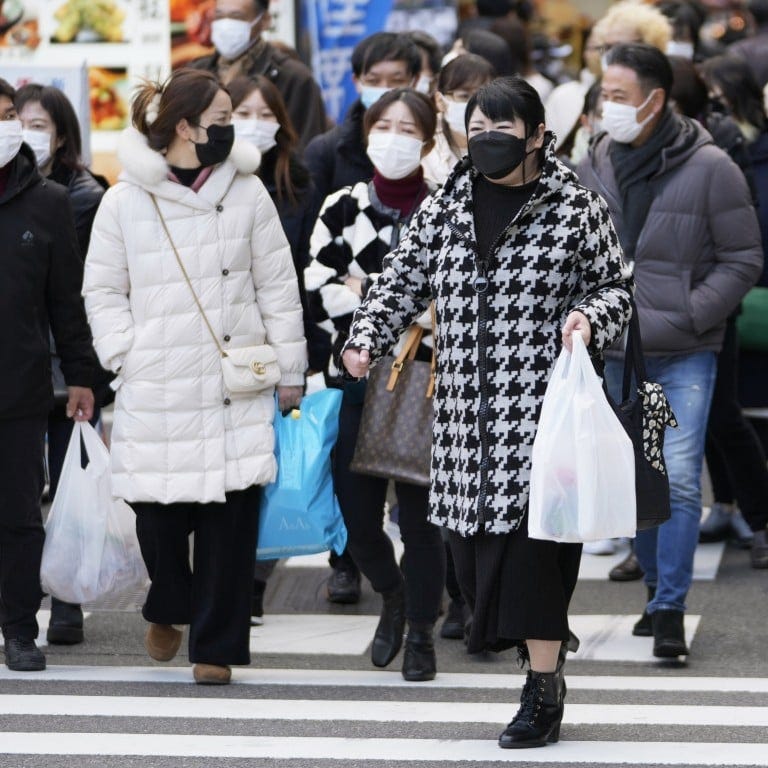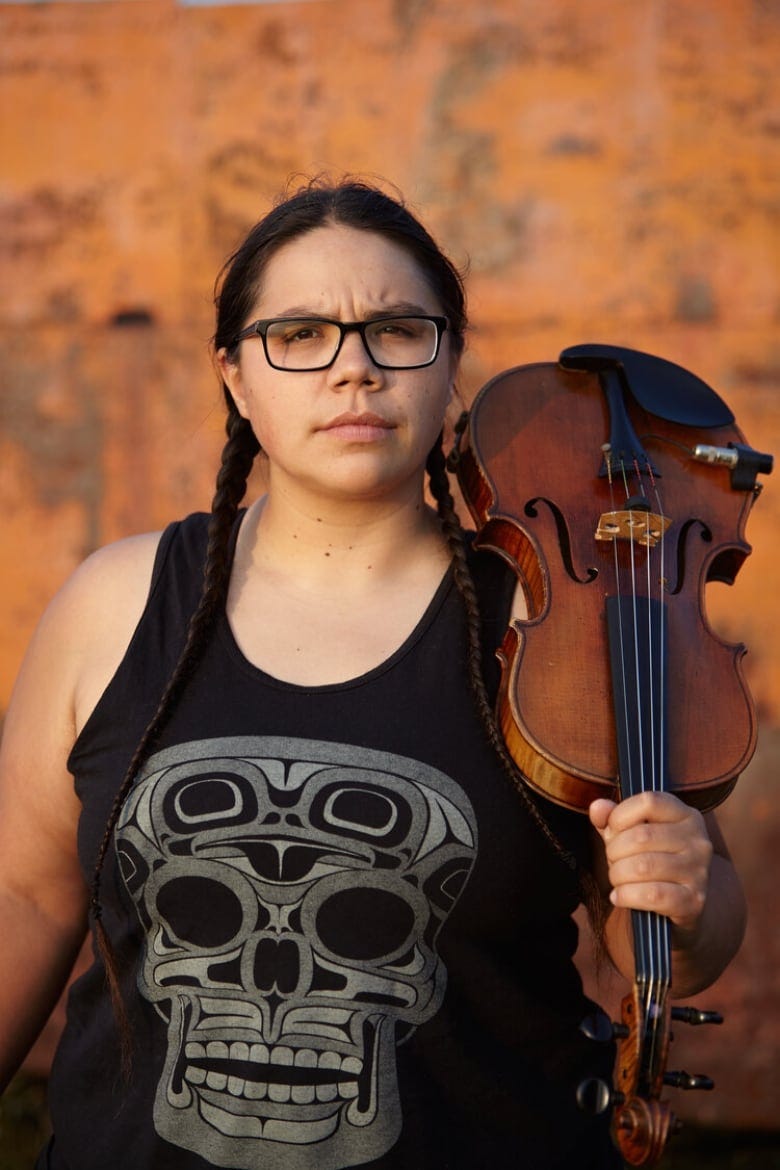Global Roundup: Greece LGBTQ+ Rights, Black Women Photography Book, Africa Queer Literature, Japan Women’s Maiden Names, Queer Indigenous Artists
Curated by FG Contributor Samiha Hossain
Protesters hold a banner reading "All families should be equal" during a rally in favor of the same-sex marriage bill in front of the parliament building in Syntagma Square in Athens, Greece, on Thursday, Feb. 15, 2024. Photographer: Yorgos Karahalis/Bloomberg via Getty Images
Although Greece passed laws establishing LGBTQ+ civil unions in 2008 and 2015, activists have contended for years that those laws do not grant full equality. The new law will allow same-sex couples to enjoy the same marriage rights as heterosexual couples, including adoption, which was previously banned for LGBTQ+ Greeks. But the law still leaves prohibitions in place that prevent LGBTQ+ couples from contracting with a surrogate mother, a reproductive option that’s currently only available for hetero couples and single women.
Openly gay president of the SYRIZA party, Stefanos Kasselakis, celebrated the vote by dancing to Katy Perry’s “Firework” at a gay bar in Gazi with his husband Tyler McBeth. The two have openly discussed their hopes to raise children together, whether by adoption or surrogacy.
Violence and intolerance against LGBTQ+ people, especially trans people of color, is still rampant in Greece, where Orthodox Christianity is legally recognized as the country’s “prevailing religion.” Greek law also does not recognize intersex people, restricting legal gender recognition only to “male” and “female.” The country’s first LGBTQ+ cabinet minister, Nicholas Yatromanolakis, left his post in the Mitsotakis administration last year after being appointed in 2021.
Photographer Suki Dhanda's "Untitled" from the 2002 series "Shopna," features in Joy Gregory's new book "Shining Lights." Courtesy the artist/MACK
The genesis of photographer Joy Gregory’s latest project, “Shining Lights,” began 40 years ago, at a Valentine’s Day party in London. It was here that Joy, who was the first Black woman to study an MA in Photography at the Royal College of Art in London, first met activist and writer Araba Mercer. After the party and as they became friends, Mercer suggested the pair collaborate on a book about women’s photography.
They presented their plan for the book — comprising the photographs gathered by Gregory, and text by Mercer — to Sheba, a feminist publishing collective focused on Black women’s storytelling that Mercer was a key member of. Sheba was enthusiastic, but the cost of printing all the submitted photographs ultimately proved prohibitive. The idea then, for a book surveying the work of Black women’s photography in Britain in the 1980s and 1990s, lay dormant for several decades. But a 2019 talk Gregory gave at Autograph gallery in London about photographer Maxine Walker’s work sparked renewed interest in the contribution of women of color to photographic art during this period.
The result is “Shining Lights: Black Women Photographers in 1980s–90s Britain,” a new photography book edited by Gregory and co-published by Autograph and Mack. Divided into thematic chapters exploring community and activism, kinship and family ties, travel and landscape photography and more, “Shining Lights” features 57 photographers, capturing the rich breadth of work from this overlooked period and community.
The book includes work by well-known artists such as Walker, whose photographic practice centres on representations of Black womanhood, surrealist artist Mona Hatoum, and Turner Prize nominee Ingrid Pollard, whose images in the book use portraiture to examine gender and sexuality. The project also introduces readers to photographers working during that time who are perhaps not as well known.
What’s really interesting about history, and the way that history is recorded, is there’s always heroes, but actually, it was a collective. And I think a lot of the collective has been written out of the history. -Joy Gregory
Gregory says that while some of the book’s contributors are now recognizable photographers, others have moved on entirely from photography since that era. She adds that it’s because the artists weren’t picked at the time and their stories weren’t being told. For some of the book’s contributors, Gregory says, revisiting that time and the poor treatment they received from the industry was painful. She recalls how those among her network were often shut out of inaccessible arts institutions and forced to work at the margins.
There was a move to actually educate and help each other, and there was a lot of sharing of materials and knowledge…The way in which people supported each other was really important — well, essential — because the other networks were not open to us. I think as women, it wasn’t open, and I think being of color, it definitely wasn’t open. -Joy Gregory
Gregory feels that in some ways, the landscape today remains similarly inaccessible. She hopes it will be encouraging for younger artists to see the work, perspectives and leadership of those who have preceded them.
Among the writers who have published L.G.B.T.Q. stories are, clockwise from top left, Kevin Mwachiro, Monica Arac de Nyeko, Chinelo Okparanta and Arinze Ifeakandu.Credit...Clockwise from top left: Khadija Farah for The New York Times; Pepijn van den Broeke; Alyssa Schukar for The New York Times; Cydni Elledge for The New York Times
As a queer teenager growing up in northern Nigeria, Arinze Ifeakandu often found himself searching for books that reflected what he felt. After college, he began writing short stories in which gay men battled loneliness but also found lust and love in conservative, modern-day Nigeria.
I have always taken my own desires, my own fears, my own joys seriously. I knew I wanted to write characters who are queer. That’s the only way I am going to show up on the page. -Arinze Ifeakandu
Ifeakandu’s stories gained traction with readers, and with critics. In 2017, he became a finalist for the Caine Prize for African Writing, and last year, his debut collection, “God’s Children Are Little Broken Things,” won the Dylan Thomas Prize for young writers.
Thabiso Mahlape, who founded Blackbird Books in South Africa, has published Nakhane, a queer writer and artist, and “Exhale,” a queer anthology. “So much more can be done,” she said. More Africans are openly discussing sex and expressing their sexual and gender identities. Small Pride marches and film festivals are celebrating queer experiences, and some African religious leaders are speaking up in support of LGBTQ people. Young people, who make up the majority of the continent’s population, are turning to social media to discuss these books, and the big screen is bringing some of them to a wider readership.
The books — fiction, nonfiction and graphic novels — are also being published as a way to push back against virulent homophobia and anti-gay legislation across Africa. By writing them, authors say they hope to engage readers and challenge pervasive notions that homosexuality is a Western import.
These books are an invitation to change mindsets and to start a dialogue. These books are saying, ‘I am not a victim anymore.’ It’s gay people saying, ‘We don’t want to be tolerated. We want respect.’ -Kevin Mwachiro, coeditor of “We’ve Been Here,” a nonfiction anthology about queer Kenyans who are 50 or older
For many of these authors, publishing has brought public recognition and even appreciation. But some have faced harassment or even death threats. Chiké Frankie Edozien, whose memoir “Lives of Great Men: Living and Loving as an African Gay Man” won a Lambda Award, hopes the books will inspire younger generations to read a “dignified and balanced” portrayal of gay Africans.
Books are really powerful, books are really intimate. [And having these queer-centered stories in] libraries for decades to come is great, because the needle has been moved even when it doesn’t feel like it. -Chiké Frankie Edozien
The Nigerian-American author, Chinelo Okparanta, focuses on the coming-of-age story of a young woman during Nigeria’s Biafra Civil War in her 2015 novel “Under the Udala Trees.” The book’s protagonist, Ijeoma, meets Ndidi after finishing school. Together, they attend secret lesbian parties in a church, explore sexual pleasure and even talk about getting married. Okparanta made a conscious decision to end a book centered on a same-sex relationship on a positive note, with one of her characters mulling a Nigeria that is safe for gay people.
There needs to be room for people to have hope. -Chinelo Okparanta
People cross a street in Tokyo’s Ueno district. Photo: AP
Campaigners say Japan is the only country in the world that obliges married couples to have the same surname, and unsurprisingly, the man’s family name is overwhelmingly the one chosen. Activists say it is a patriarchal remnant of the legal system held in place by conservative male politicians. However, the head of the influential Japan Business Federation (Keidanren) has come around to the idea of women keeping their maiden names. Keidanren has announced it is drawing up a paper to recommend that the law be amended to allow for different surnames, and that it would be submitted to the government later this year. In 1996, a Justice Ministry panel recommended that the Civil Code be amended to allow for separate surnames. But the panel’s recommendations did not go further, as conservative members of the Diet indicated they would fight it because it would undermine the cohesion of the family unit and weaken traditional values.
These people have always rejected efforts to change the law and allow equality because they are traditionalists and believe that a unified name is important to consolidating the idea of the family. They overlook just how inconvenient the law is for so many women. -Hiromi Murakami, professor of political science
An editorial in the Mainichi newspaper on February 12 called on the government to “summon political courage” to change the law, pointing out that Keidanren is claiming that the issue is harming the nation’s business. “But the issue extends beyond work and daily life,” the paper said. They added that, “one’s name is integral to their identity. Many feel they have lost a part of themselves, as if their lifetime of achievements has been denied or erased by changing their surname.”
I went through the humiliation of changing my name once when I got married and then, for a second time, when I got divorced. Each time, I had to change all my IDs, bank accounts and even my child’s koseki (family register)...Stories and papers I wrote under my ex-husband’s surname are not credited as my work. I wouldn’t have to go through such humiliation if I had not changed my name. Men do not need to undergo that sort of scrutiny. -Sumie Kawakami, lecturer who focuses on women and gender issues
Melody McKiver is adapting Indigenous love songs, originally documented by non-Indigenous researchers, to put a spotlight on queer love. (John Paillé)
Indigenous artists in Canada are putting queer love in the spotlight. When Melody McKiver came across a collection of Indigenous love songs transcribed by anthropologists in the early 1900s, the title of one stood out to her: I Don't Need You Anymore. The song's lyrics described a man standing on the shore, while a woman leaves in a canoe, drifting out into the water. McKiver wondered where the woman was going — and perhaps, whether she might be off to meet someone else.
What if she's not going for another man? What if she's leaving for another woman? What if she's leaving for a two-spirit person? -Melody McKiver
Now McKiver is creating new interpretations of these century-old manuscripts, originally documented by non-Indigenous researchers, to put a spotlight on queer love. There's been an "explosion" of queer and two-spirit literature and film as well as music, making it an exciting time for queer creators even compared to five or 10 years ago, they said.
Love stories abound in entertainment, and are practically inescapable in most genres of popular music. McKiver and other Indigenous artists are part of that broadening conversation by bringing 2SLGBTQ+ love stories to the forefront, changing the tune on a largely heteronormative landscape.
For Jeremy Dutcher, telling queer love stories is about giving people the language to learn more about themselves. After all, "the limits of our language are the limits of our mind," according to the Juno Award and Polaris Prize-winning artist who is Wolastoqiyik and a member of the Tobique First Nation in North-West New Brunswick.
When I came out really young, all I had access to was the word gay, right? Only when we can name something can we fully come into it. -Jeremy Dutcher
Dutcher's sophomore album, Motewolonuwok, discusses the intersection of the queer experience and the Indigenous experience with his song Ancestors Too Young. Part of that intersection comes from their respective vulnerability, he said, as Indigenous and queer youth are statistically more likely to die by suicide compared to the wider population.
The place where two discriminations meet is a dangerous place to live. What I wanted to share by speaking about that intersection ... [is] to breathe some life into that and just say that, you know, we're going to sing the song. We're going to remember the ones we've lost. -Jeremy Dutcher
Samiha Hossain (she/her) is an aspiring urban planner studying at Toronto Metropolitan University. Throughout the years, she has worked in nonprofits with survivors of sexual violence and youth. Samiha firmly believes in the power of connecting with people and listening to their stories to create solidarity and heal as a community. She loves learning about the diverse forms of feminist resistance around the world.






